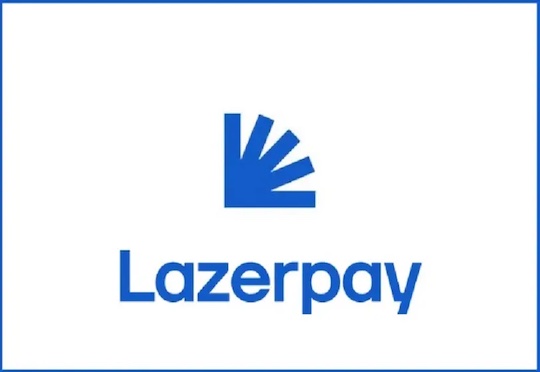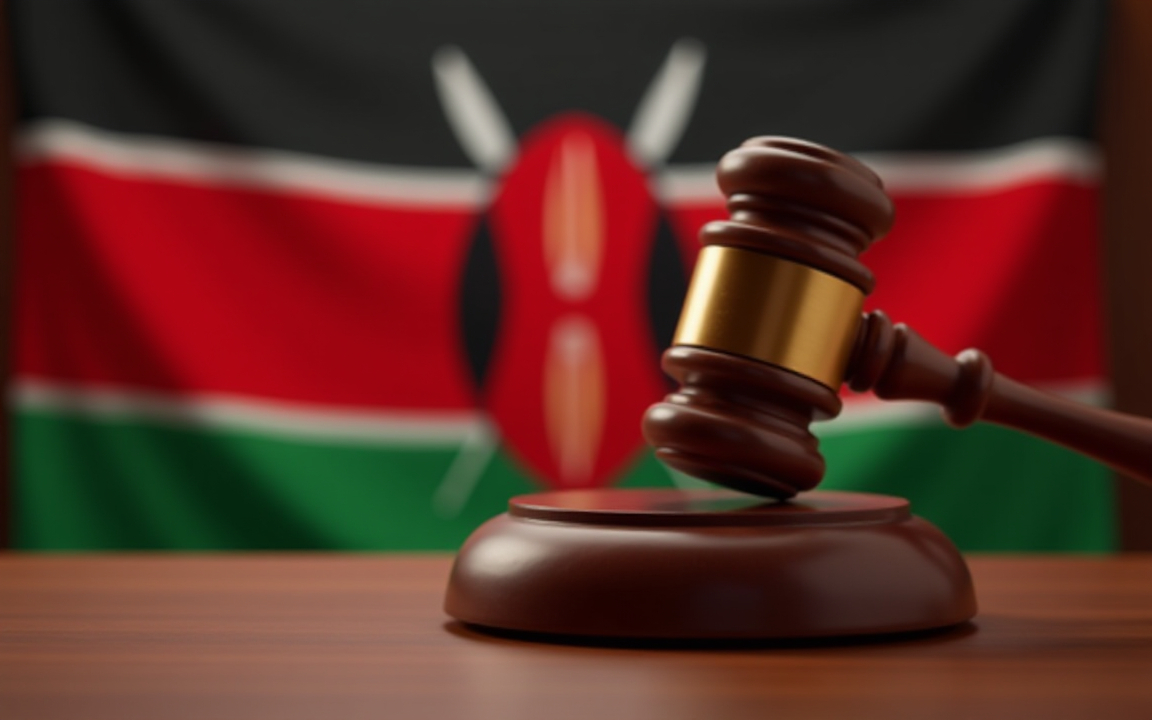The demise of Lazerpay, an African cryptocurrency payment network, has demonstrated how dangerous it is to start a Bitcoin business on that continent. The payment gateway company Lazerpay, formerly known as the “African Stripe,” has shut down due to a lack of funds.
The platform’s founders, Njoku Emmanuel, Abdulfatai Suleiman, and Prosper Ubi, issued an announcement on Twitter requesting that customers withdraw their funds by April 30, 2023, using a bank or a cryptocurrency as payment. The message was tweeted by the platform’s founders.
Lazerpay was more than just a method for companies to receive their payments. People were also given access to elements of decentralized finance (DeFi), like loans and staking, thanks to this technology. It ceased operations at a time when cryptocurrency startups in Africa were going through a lot of transitions, with many of them ceasing operations due to financial difficulties.
Read also: Paxful, Crypto Exchange firm shuts down
Lazerpay’s financial troubles
In November 2022, Lazerpay let go of a large number of staff. According to the statement released by Njoku Emmanuel, the business was already experiencing significant financial difficulties when its “proposed lead investor pulled out resources abruptly” earlier in 2022. After another four months, the company went out of business.
According to the closure statement released by Njoku, Lazerpay will assist users with withdrawing payments and resolving complaints.
He has also stated that the company is open to offers from other firms that are interested in purchasing Lazerpay’s intellectual property as well as offers from other businesses that are interested in expanding on or continuing Lazerpay’s success.
Cryptocurrency shutdown affects Africa
In recent months, a wave of change has swept across the cryptocurrency business in Africa. Just the previous week, the peer-to-peer Bitcoin marketplace Paxful made the announcement that it would be closing down.
Paxful was one of the most popular peer-to-peer (P2P) marketplaces used by Africans to trade Bitcoin until its recent death. The cryptocurrency company had claimed that Nigeria, with more than 2.5 million users and more than $3.5 billion in trade volume, was its largest market. This demonstrates how important Africans were to Paxful and how this closure will affect them.
Additionally, Fluidcoins, a two-year-old cryptocurrency firm from Nigeria, was sold earlier in February for an undisclosed sum. Fluidcoins said in a statement that it had to sell because it was unable to raise new money and had a sizable hole in its balance sheet. It had two options: sell or shut down. It is assumed that the gap results from money lost due to the FTX crash.
Quidax, Nestcoin, and Lazerpay all announced layoffs near the end of 2022, which is further evidence that African cryptocurrency firms have been going through a difficult period since the second half of 2022.
As we move towards the last quarter of 2023, the current situation is not getting better. It is hoped that the remaining months of 2023 will be fruitful for the industry that is just starting to get off the ground.
















